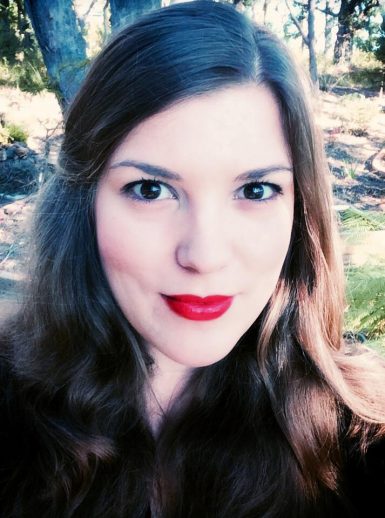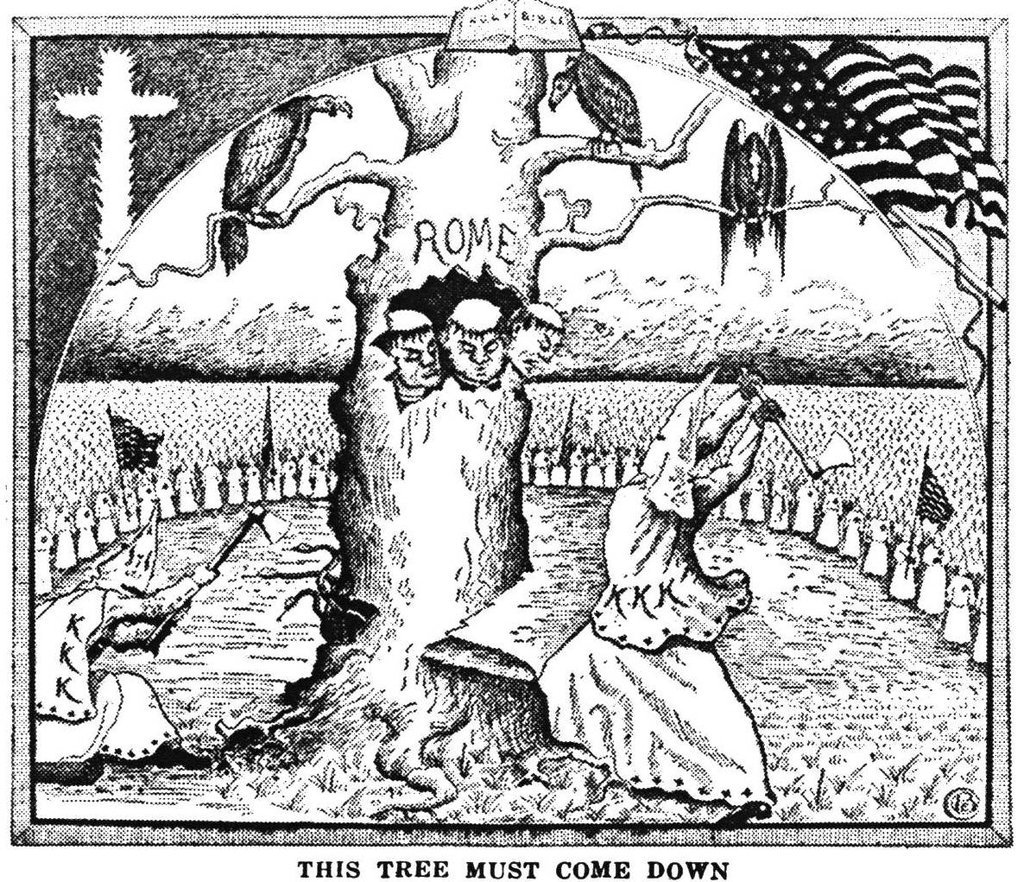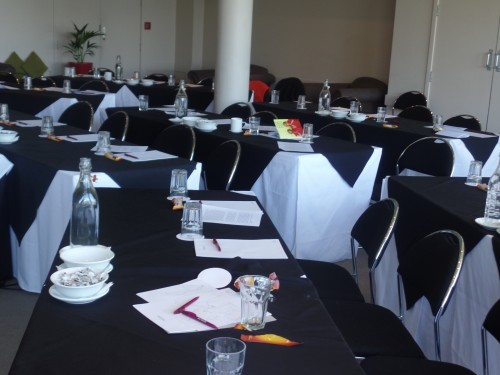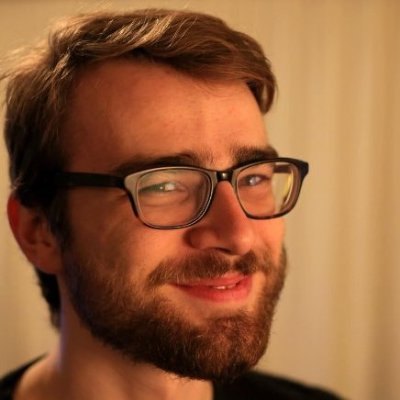Speaking about Radicalisation in the Public Sphere

Francis rightly notes, radicalisation and violence are not necessarily linked: people can be what we call radicalised without becoming violent, while many people are violent without being seen as being radicalised. In the general discourse, particularly in the media, all these terms are often seen as somewhat synonymous, which raises the ever important question about the baggage these terms hold, and what is hidden rather than revealed in using them. Are the terms analytically useful? Or do they have some other utility, perhaps in terms of communicating ideas?
Researching Radicalisation

We discuss what we mean by ‘radicalisation’, and what its connections to socialisation, terrorism, and ‘religion’ might be. We take on the methodological question of how one might go about researching such a contested topic, and look specifically at some of Matthew’s findings relating to the causes of radicalisation, and the neo-Durkheimian ‘sacred’.
Difference or Diversity: Promoting Dialogue of Diversity as Religious Studies Professionals

Prof. Martin Stringer, now of Swansea University, once again lends his expertise in religious diversity to the Religious Studies Project. In this podcast, Prof. Stringer discusses the changes the discourse of religious diversity. After years of studying in different locations in the U.K. – Birmingham, London, Manchester – Stringer began noticing a pattern in the way people identify.
Religious Studies Project Opportunities Digest – 18 October 2016

Do you have a call for papers, an event announcement, a job vacancy, grant or award you would like others to distribute?
How about having your notification posted with the Religious Studies Project’s weekly Opportunities Digest? It’s easy,The backup address will still be workingut it is preferable to employ the original address.
Religious Studies Project Opportunities Digest – 11 October 2016

Dear subscriber, Do you have a call for papers, an event announcement, a job vacancy, grant or award you would like others to distribute? How about having your notification posted with the Religious Studies Project’s weekly Opportunities Digest? It’s easy, just forward them to oppsdigest@religiousstudiesproject.com! The backup address will still be working (oppsdigest@gmail.com), but it is […]
Religious Studies Project Opportunities Digest – 30 August 2016

Do you have a call for papers, an event announcement, a job vacancy, grant or award you would like others to distribute?
How about having your notification posted with the Religious Studies Project’s weekly Opportunities Digest? It’s easy,Special issue: Journal for the Study of ReligionTheme: The Role of Religion in Violence and Peacebuilding
Breann Fallon

Dr. Breann Fallon joined the Religious Studies Project in 2015, and she served as managing co-editor of the RSP from 2019 to 2021. She lectures at the Sydney Jewish Museum full-time in numerous areas including religion, genocide, the Holocaust, and Human Rights. Prior to joining the Museum, Breann taught in the Studies in Religion department […]
Religious Studies Project Opportunities Digest – 26 April 2016

We are pleased to bring you this week’s opportunities digest and would like to express our gratitude to everyone who has submitted calls for papers, event notifications, job vacancies, etc. On that note, we would also like to encourage you to continue to do so (and invite those who remain hesitant to begin)!
It is super easy to have a Religious Studies call for papers, exciting event, or alluring job vacancy appear in future Opportunities Digests!
Can Religion Explain the KKK?

While Baker’s interventions regarding the need to take seriously the “religion” of the Klan is noted, I question whether she does not herself reinforce problematic epistemological and methodological assumptions about “religion.”
Describing the story of the Ku Klux Klan as “lovely”, as Kelly Baker does in her interview with David Lewis, is initially perplexing. Fortunately, Baker goes on to clarify what she intends, …
Religious Studies Project Opportunities Digest – 16 February 2016

Calls for papers Journal: Open Theology Special issue: Alternative Religiosities in the Soviet Union and the Communist East-Central Europe: Formations, Resistances and Manifestations Deadline: June 30, 2016 More information Journal: Culture and Society: Journal of Social Research Special issue: Religion and Belief in the Public Sphere of Eastern Europe Deadline: February 28, 2016 More information Conference: ISASR: Religion […]
Report: 2015 Joint Conferences of the New Zealand and Australian Associations for the Study of Religion

The biennial conference of the New Zealand Association for the Study of Religions (NZASR) and the annual conference of the Australian Association for the Study of Religions (AASR) were held together in Queenstown, New Zealand from December 8-10 2015. Interdisciplinary perspectives and theoretical approaches across the humanities and social sciences were evident in the wide-range of papers presented. Islam, and Asian religions more generally, were the most consistent objects of focus, perhaps unsurprising given Australasia’s proximity to Asia and recent increased media attention to the Islamic State.
Bruno Shirley

Bruno Shirley is a postgraduate student in the Religious Studies Programme at Victoria University of Wellington. He is interested in the intersection of religion with politics, identity, and violence, particularly in South Asian Buddhism. Email address: brunomshirley@gmail.com
Religious Studies Project Opportunities Digest – 11 January 2016

Calls for papers Conference: Alternative and Religious Healing in the Modern World September 22–24, 2016 Amsterdam, The Netherlands Deadline: February 1, 2016 More information Conference: American Catholic Historical Association 2017 January, 2017 Denver, CO, USA Deadline: April 15, 2016 More information Conference and PhD master class: Public Religions and Their Secrets, Secret Religions and Their […]
New Religious Movements and Contemporary Discourses About Religion

Increased attention to religion by international governments and NGOs has not necessarily resulted in less problematic models of religion being used by these governments and groups.
As I listened to Susan Palmer’s RSP interview and read about her new co-authored book (with Stuart A. Wright) Storming Zion: Government Raids on Religious Communities (2015), I was reminded why NRMs make such useful case studies in the religious studies classroom. From a pedagogical perspective, …
Ecological Ecumenicism, Forever Ethical?

While claiming to remedy the excesses of anthropocentric thinking, Bauman’s eschatology remains overtly anthropocentric.
After the material turn, it should come as no surprise that scholars are taking a wide aperture approach to religious studies. Actor Network Theory (ANT) and various strains of New Materialism help in formulating horizontal connections between all sorts of objects that speak back to religious people.
